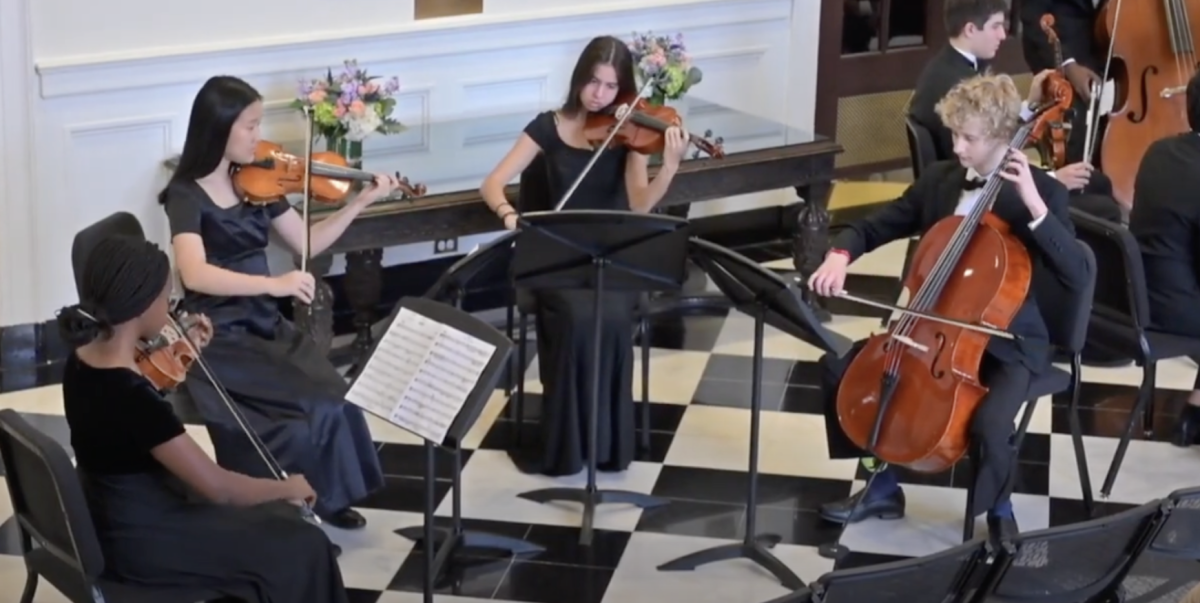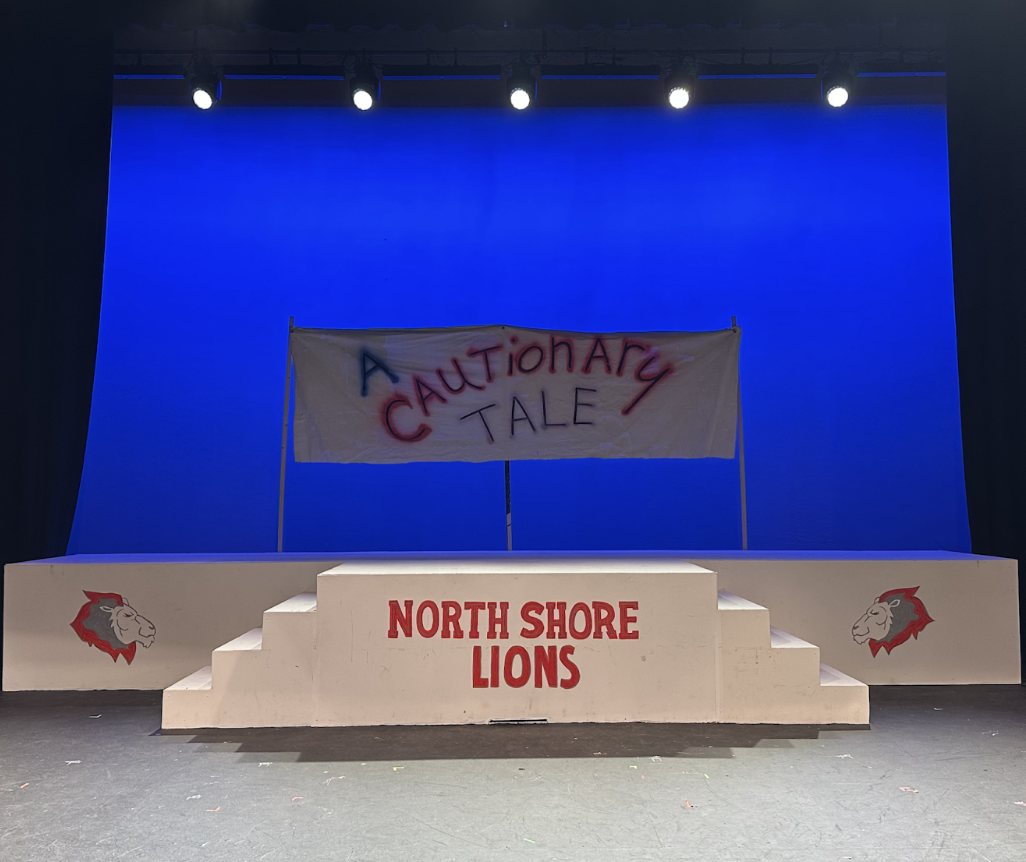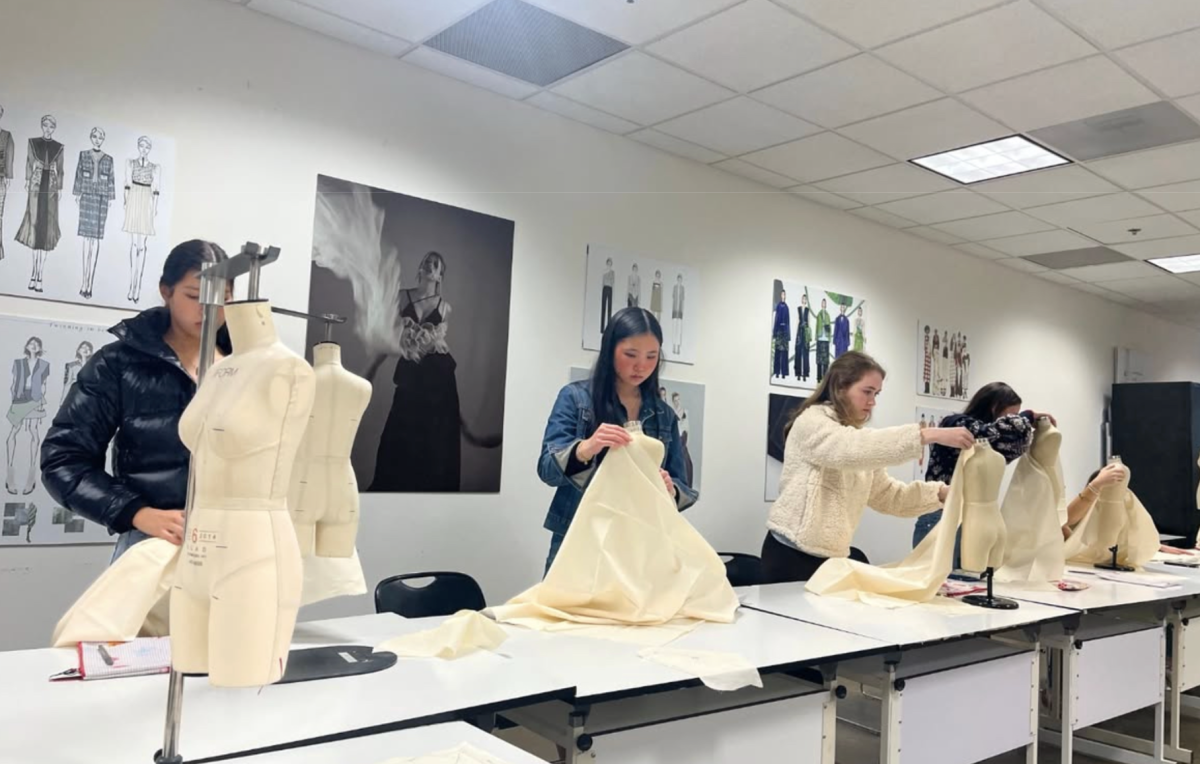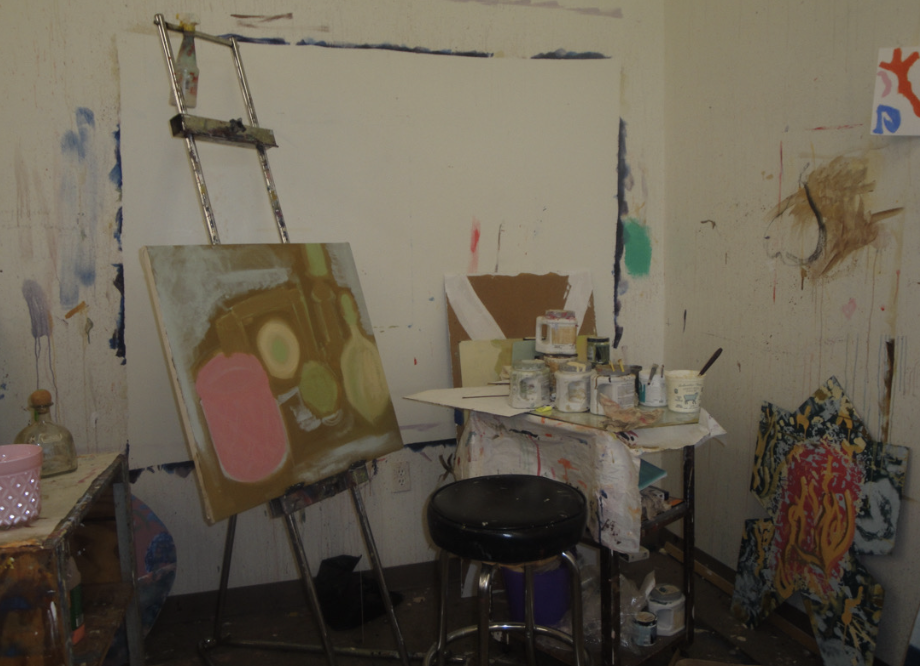All the world’s a stage, especially for all the participants of Westminster’s first playwriting competition. Each person has a chance to shine under the spotlight, either as a screenwriter, director, actor, or all three.
“One of the things that I like about this festival is that you can be as involved as you want to,” said junior Hannah Rose Adams. “For me in particular, I got as involved as I could, so I am directing two plays, acting in one, and I helped write one as well. I’ve been lucky enough to participate in all of the ways that a student could.”
All of the plays are between two and five minutes long, and are community-written, student-acted, and student-directed. The unique performances are scheduled to be held in Kellett Theatre on Wednesday, Feb. 27 at 7:30p.m.
“I enjoy the inaugural aspect of the playwriting festival; it’s something that we have not attempted in the past,” said Adams. “It’s great because it is interdisciplinary and gets more people involved in the theater department in ways that they normally are not.”
And indeed, for some, it was the beginning of a foray into the world of theater. People in the Westminster community who were interested in the competition were able to submit their scripts in hopes of making it into the show.
“When I heard about this [playwriting festival], I thought it might be a challenge and so I decided to try it,” said freshman Devan Suber, who is a co-writer for the scene “School Camping Trip.”
Potential playwrights were initially able to attend workshops that geared them toward script writing. During these workshops, Kate Morgens, the head of the theater department, and Maggie Blake, a high school English teacher, would work with the writers and give them advice. Writers then sent in their work anonymously to a panel composed of English teachers who reviewed and chose the scripts that would be in the performance.
“Because I don’t really write scripts often, I attended the workshops just to see what I had to do,” said Suber. “I got some really good stuff written out and it was pretty productive.”
After the scenes were finalized, student directors were selected for each piece. In turn, these directors helped cast the actors for their respective scenes. The audition process was minimal; actors could choose from a selection of scenes and monologues to read. Through these community-written plays, audiences will hear the voices of the people around them at Westminster.
“The first scene that I’m directing is called ‘Confessions of a Crushaholic,’ and it involves a teenage girl at a pseudo-Alcoholics Anonymous meeting,” said Adams. “She confesses that she’s not addicted to anything necessarily bad for her health, but she is a ‘crushaholic,’ meaning that she can’t stop having crushes on boys.” This play was written and submitted by an anonymous person within the Westminster community, and it is essentially a very interactive monologue.
“It’s anonymous so that makes it kind of cooler,” said Sloan Krakovsky, the actress in the scene. “I generally like acting a lot, and I wanted to be able to perform something that someone at this school put a lot of effort into and do it justice.”
Even though authors may be anonymous, they are usually still very involved in their scenes. Many directors are in good communication with their writers, and they value their opinions and perspective.
“Towards the beginning of the process, [the writers] were allowed to come and share a little bit of their input,” said Adams, “but once we really began, the job was kind of handed off to the directors.”
However, playwrights are always welcome to attend rehearsals.
“I still try to go to the practices just to see the process and how it comes together,” said Suber. “I’ll occasionally clear up anything that needs clarification, but otherwise [the playwrights] are not supposed to help with anything.”
Everyone involved in this production has put a tremendous amount of time and effort into putting it together. Rehearsals are done in three pods or groups of plays because many people have more than one role in the performance.
“Since it’s getting down to the wire, the rehearsals are every day now,” said Krakovsky. “I really have to practice a lot at home because monologue is really just memorization, and that’s what was important for me to do on my own.”
During rehearsals, scenes will usually work on their own individual things. As the day of the performance approaches, there is usually a run-through or two to determine how everything is coming together.
“It’s really a small and intimate work; it’s not a big production,” said Sara Balte, a senior. “You have to spend time on your own memorizing lines, of course, and also getting into the mindset of your character is a very important thing to do alone, but the director obviously helps with that.”
Balte is one of the actresses in a scene that will be featured in the performance, part of a play called “Bridget’s House.” It was originally written by Caroline Wray for her independent study, which Balte was part of a reading for. When she heard that one of the scenes was being submitted into the competition, she wanted to get involved.
The play is about a group of four best friends, and in this particular scene, two of the four reunite for the first time in ages. They go on a picnic and catch up with each other, sharing secrets about their lives.
“Deep, truthful things really come to life by the end of the scene and it’s really intense,” said Balte. “You have to really get into the mindset of what the character will feel like, and I try my best to portray what Caroline was trying to convey in her writing. It’s all about truth for me and staying truthful to what Caroline has written.”
Other scenes include “Invisible Girl,” which revolves around an encounter between a recently blind teenage girl and a boy who is a peer of hers. He fumbles his way through a conversation with her until he finally admits that he really enjoyed the interaction that they had, even if she could not see him. In “Falling,” a married couple has just hit a low point in their lives. They have not been able to communicate effectively, but hopefully, they will be able to reach out and realize what they have been missing in each other.
“It’s coming along,” said Balte. “It’s really cool how there’s so many different creative minds coming together in this one show.”
However, the continuity of this project depends on the reception and support that it receives from the community. If the turnout for the performance is poor, then there may not be the possibility of another playwriting competition in the future.
“This was a really good experience and I would love if they did something else like it again,” said Suber. “The official word right now is that they’re gauging it and so depending on how many people show up, they will determine if they’re going to do it again and it might happen like every other year.”
Even though this playwriting competition performance may not be as large scale or as formal as some of the theater department’s other plays, the same amount of time and effort is put into creating the final product by the individuals involved, which is all the more reason for students to come and appreciate the fruits of their labor.
“We all put a lot of time and effort into this winter show,” said Adams, “and we hope that all the love and energy put into the final product will be clear and apparent.




